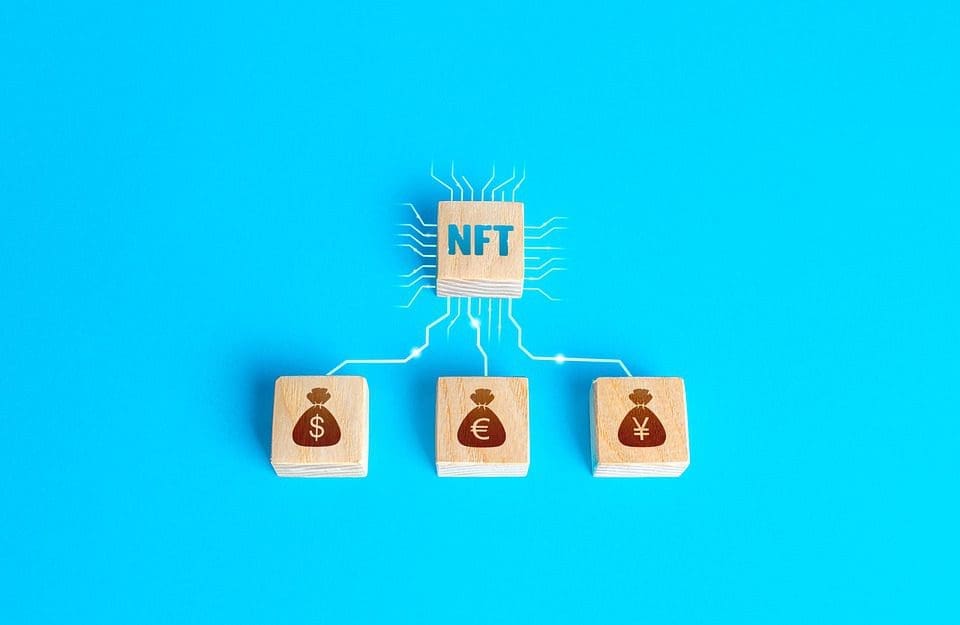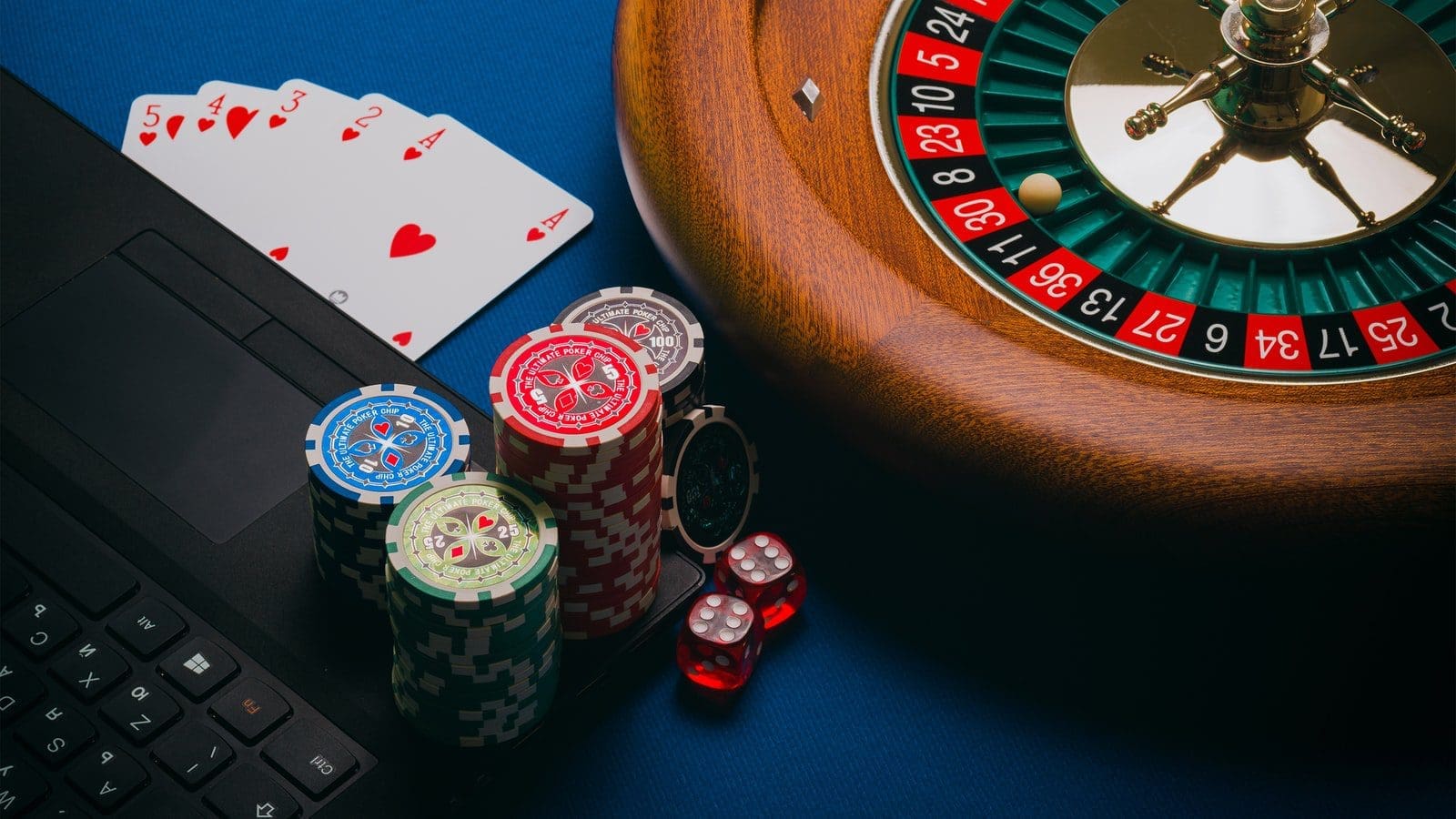
The fashion industry comprises 2% of the world’s gross domestic product (GDP), valued at 3 trillion dollars. However, many are not aware that this massive global industry is currently in a state of environmental emergency.
If people and businesses do not do anything about the global water crisis, it is estimated that the water supply will be insufficient by 40% in 2030. By 2025, 1.8 billion people will be affected by absolute water scarcity, while 5.3 billion people will be battling water-stressed conditions.
Carbon dioxide (CO2) emissions were at an all-time high in 2019. And although the COVID-19 pandemic has reduced air pollutants due to most people staying at home and businesses stopping operations, it is once again increasing as people resume their normal activities. Carbon emission is one of the major causes of climate change that leads to stronger and more frequent storms and hurricanes, droughts, extinction of animal species, rising sea levels, and the spread of diseases.
The fashion industry contributes greatly to the global water crisis and carbon emissions.
“The general current state of the fashion industry can be described as an environmental and social emergency. The fashion industry produces nearly 20 percent of global wastewater, emitting about 10 percent of global carbon emissions. In addition, the textiles industry has recently been identified as a major contributor to plastic entering the ocean, a growing concern because of the associated negative environmental and health implications,” the United Nations stated in 2018.
How A Blockchain Marketplace Helps Conserve Water, Reduce CO2 Emissions
 The textile and garment industry uses up 700 gallons of water just to manufacture one T-shirt, with the annual total amounting to 26.4 trillion gallons. Fabric production also makes use of toxic chemicals that end up polluting bodies of water.
The textile and garment industry uses up 700 gallons of water just to manufacture one T-shirt, with the annual total amounting to 26.4 trillion gallons. Fabric production also makes use of toxic chemicals that end up polluting bodies of water.
Despite the environmental and economic costs of fabric production, 87% of the total fiber input used for apparels ends up in landfills and incinerators, causing more toxic gases to be released into the atmosphere and wasting about one trillion dollars.
“Queen of Raw” is a blockchain marketplace that provides a sustainable solution to the environmental emergency in the fashion industry by keeping unused or deadstock textiles in circulation.
“To have a massive impact, we need access to a marketplace, but to ensure that everyone—from the top level to the bottom, large (famous) brands and retailers need to be involved. We needed tools and technologies for them to be able to use. The fashion industry is majorly focused on the finished product, so you end up with a lot of leftovers that become waste in addition to problems related to supply chain, technology, and data collaboration,” Queen of Raw founder Stephanie Benedetto said.
By creating a blockchain marketplace, Queen of Raw bridges the gap of the supply-demand discrepancy. Blockchain is a distributed ledger that allows for all kinds of data to be stored immutably and in a timestamped manner, providing a valuable record of inventory that can also be used for consumer insight, brand awareness, and brand loyalty analyses.
“People relied on pen and paper in the past, so how to ensure data integrity? How do you know it’s waste (dead) stock in the first place? That’s where the blockchain comes in, which now stores an exhaustive record of the fate of each yard of fabric regardless of to which warehouse or brand it belongs,” Queen of Raw CTO Phil Dermaso explained.
In turn, the buying, reusing, recycling, repurposing, and selling of deadstock fabrics, Queen of Raw saves 700 gallons of water per yard sold, inhibits the use of dangerous chemicals when producing new fabrics, and prevents the amount of CO2 emissions equivalent to a newly manufactured fabric to be released into the atmosphere.




Be the first to comment